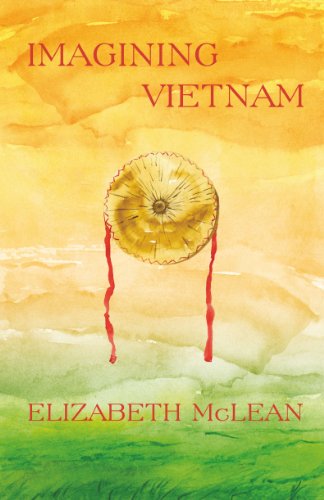Imagining Vietnam
McLean gives us a pocket history of Vietnam in the form of eight short stories, each set in a period of the country’s transition from a 10th-century agrarian society, progressing through the Empire to the French invasion and finally the war and the resulting Westernisation, which is diluting the ancient culture. All the stories, with exception of the arrival of the Portuguese missionaries, are seen through the eyes of women: daughters, wives, concubines, a French colonial and office workers. McLean does not describe the major historical events but instead the effect these convulsions have on everyday life. Customs, food, marriage, politics and morals are woven into the stories, giving a three-dimensional picture of a changing country. The hardships of scraping an existence, natural disasters or surviving the casual whims of a distant husband or a bored Emperor are endured by the women McLean makes us care about.
Curiously, it is the stories in which foreigners predominate that seem the least successful. The bewilderment of the Portuguese priest and the repellent disdain of the French woman for the ‘indigènes’ (Vietnamese} are set against Vietnamese cyphers. In the last story, the Americans, too, are shadows whether dropping a bomb or slumped in a Saigon bar.
McLean writes very well, with a graceful style that captures the landscape and women going about the business of living, whether in a palace or in a reed hut on stilts or a shellfish processing factory. She won the Impress Prize for New Writers in 2011. It was well-deserved.










